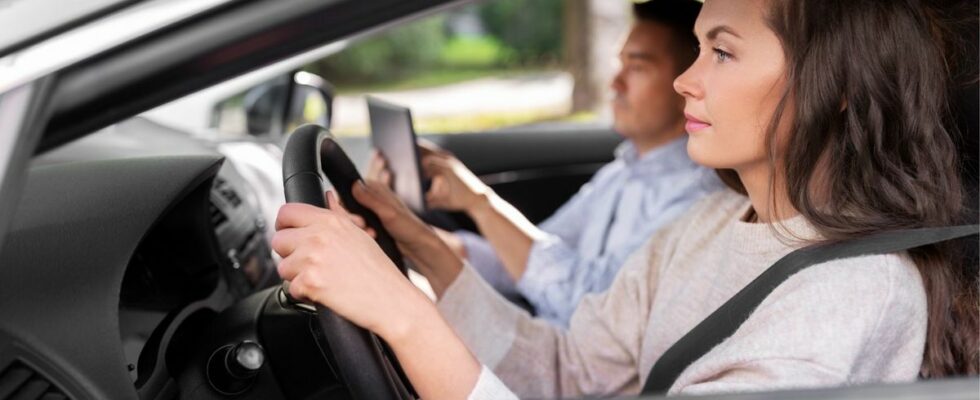It is more ecological, but struggles to really convince. Daily carpooling broke a record in France in January with 783,721 trips (+ 17.6% over one year) but remains very much in the minority, according to figures from the National Carpooling Observatory, analyzed Thursday by the operator Karos .
“This mode of travel via specialized applications therefore does not exceed 40,000 trips per day, compared to the millions of daily trips by car (automotive) or in public transport”, commented Karos in a press release. A government boost of 100 euros was launched in January for motorists who start carpooling, on both short and long journeys.
No “explosion” of this practice
The acceleration in January is “encouraging” and “it should be recognized that the government bonus is part of this beginning of success”, continues Karos. “However, it is a little early to be able to speak of an ‘explosion’ of this practice”. On average, 8.5 out of 10 drivers travel alone in their vehicle in the morning at rush hour on the motorway, according to another barometer published Thursday by Vinci. The number of motorists driving alone, measured by the dealer in the fall of 2022, has even increased over one year.
As far as carpooling is concerned, Île-de-France is by far the leading region among the regions that practice it the most, ahead of Normandy, Pays-de-la-Loire and Occitanie. “The figures show a clear correlation between the number of carpools and the level of subsidization” by the regional cities, which can go as far as total support for the journey for the passenger, underlines Karos.
Triple carpool trips
In Ile-de-France, part of the carpooling journeys could be explained by the impact of public transport strikes, which causes users to switch to carpooling from time to time. The fight against “autosolism”, particularly via carpooling, is an important way to limit traffic and therefore air pollution.
The government’s objective of 3 million daily journeys by 2027, compared to 900,000 today – short and long journeys mixed – would make it possible to avoid the emission of up to 4.5 million tonnes of CO2 per year, i.e. 1% of France’s greenhouse gas emissions, according to the Ministry of Ecological Transition.

